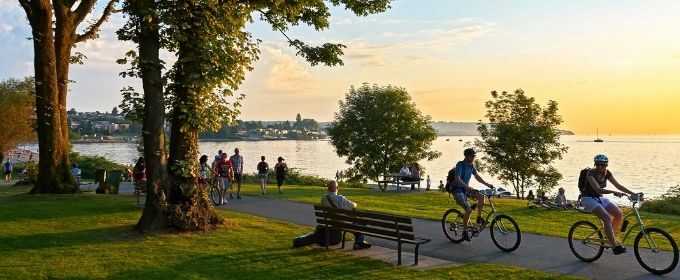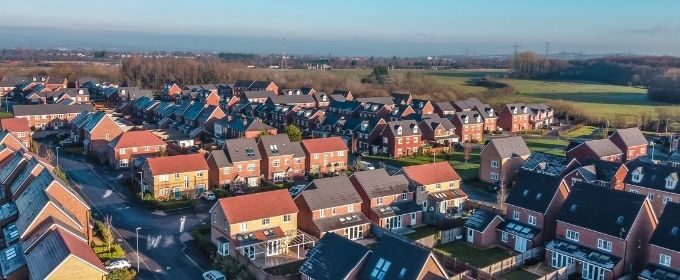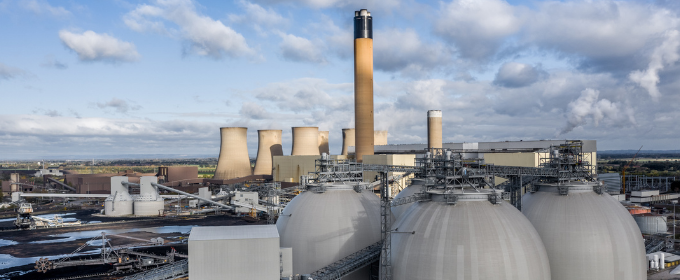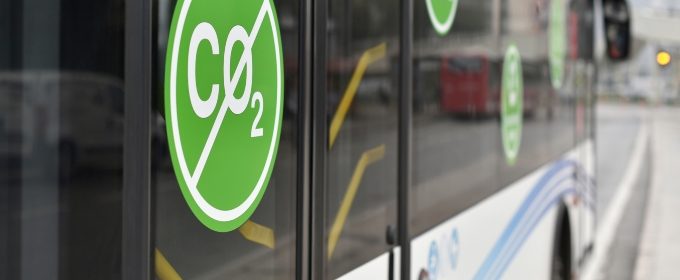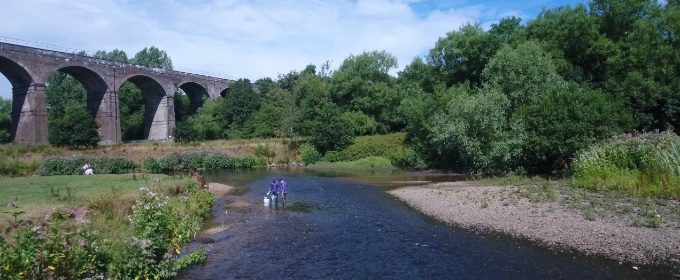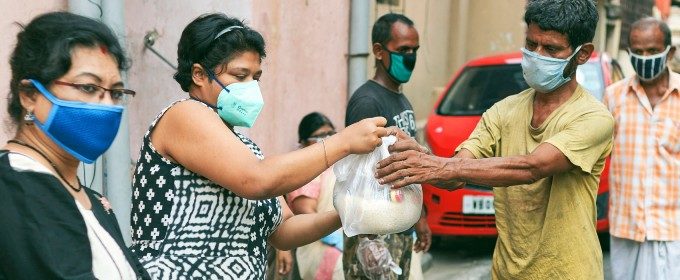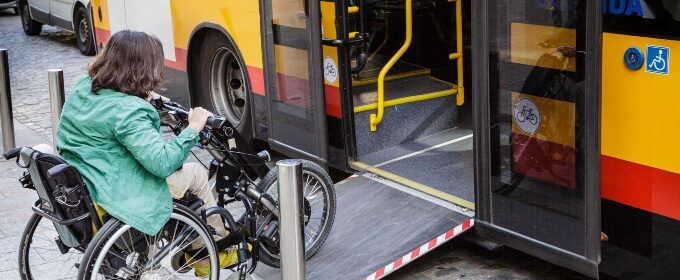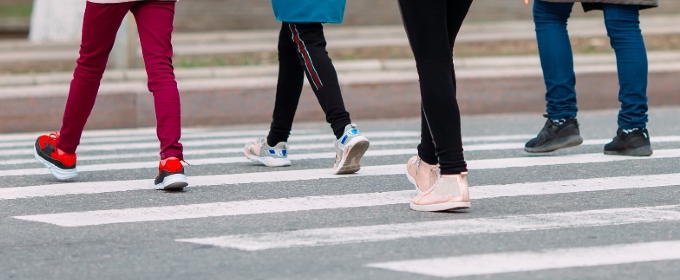Cities are key places. Changing the way we plan and develop cities will be essential to meet our net zero targets as well as improve the health and lives of people in urban areas. In this blog, Professor James Evans, Dr Luke Munford, Professor David Topping, Professor Sheena Cruickshank and Dr Jamie Anderson explore the […]
